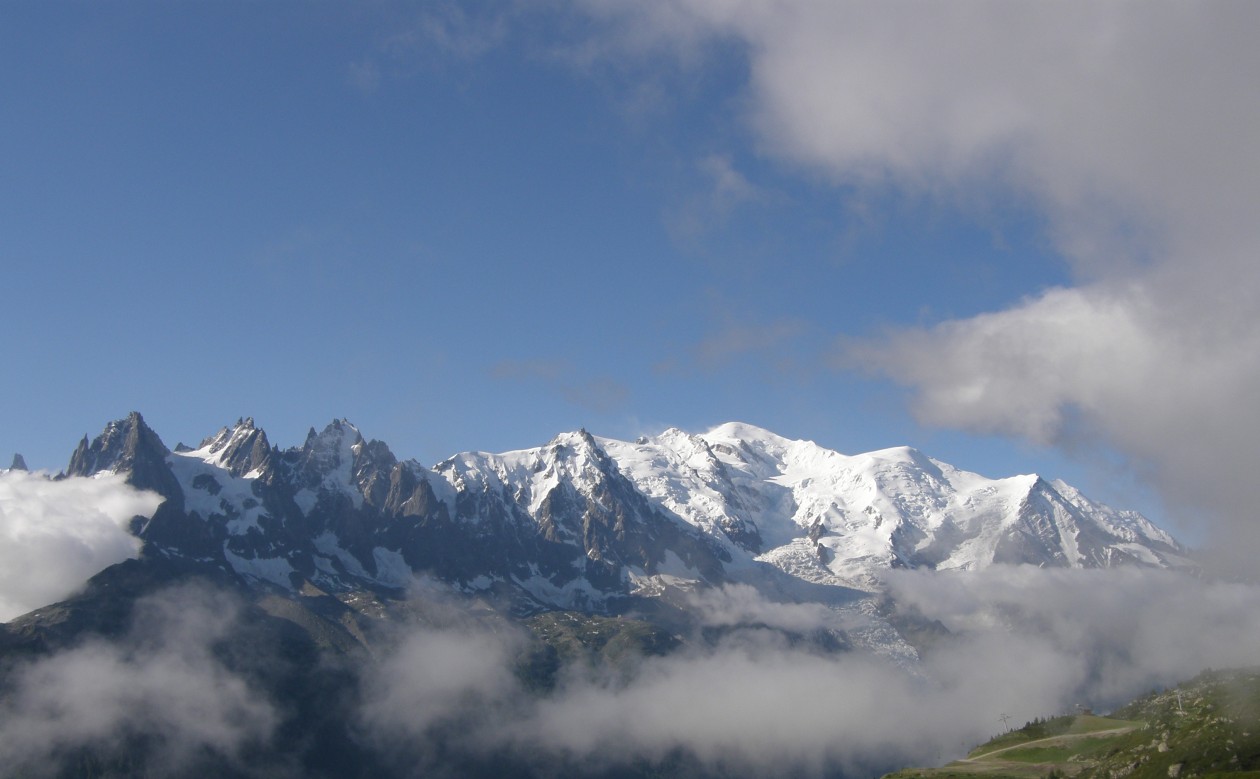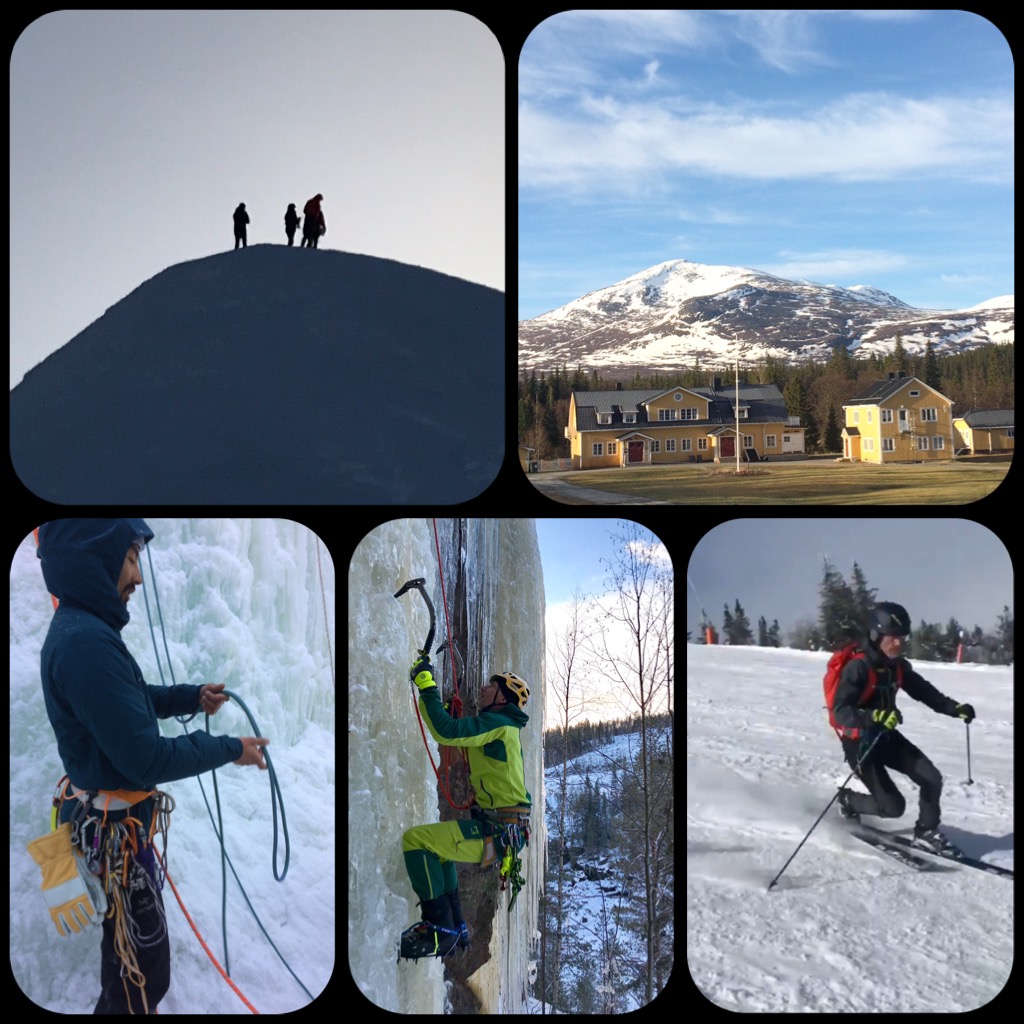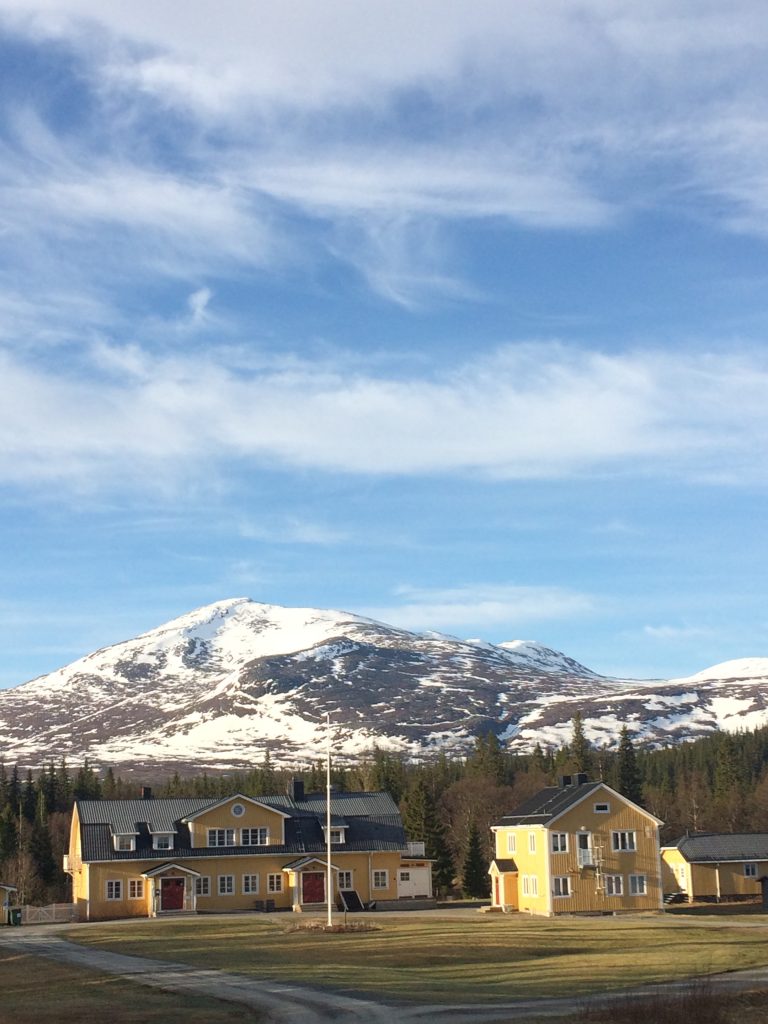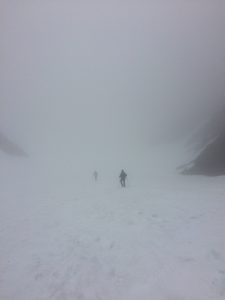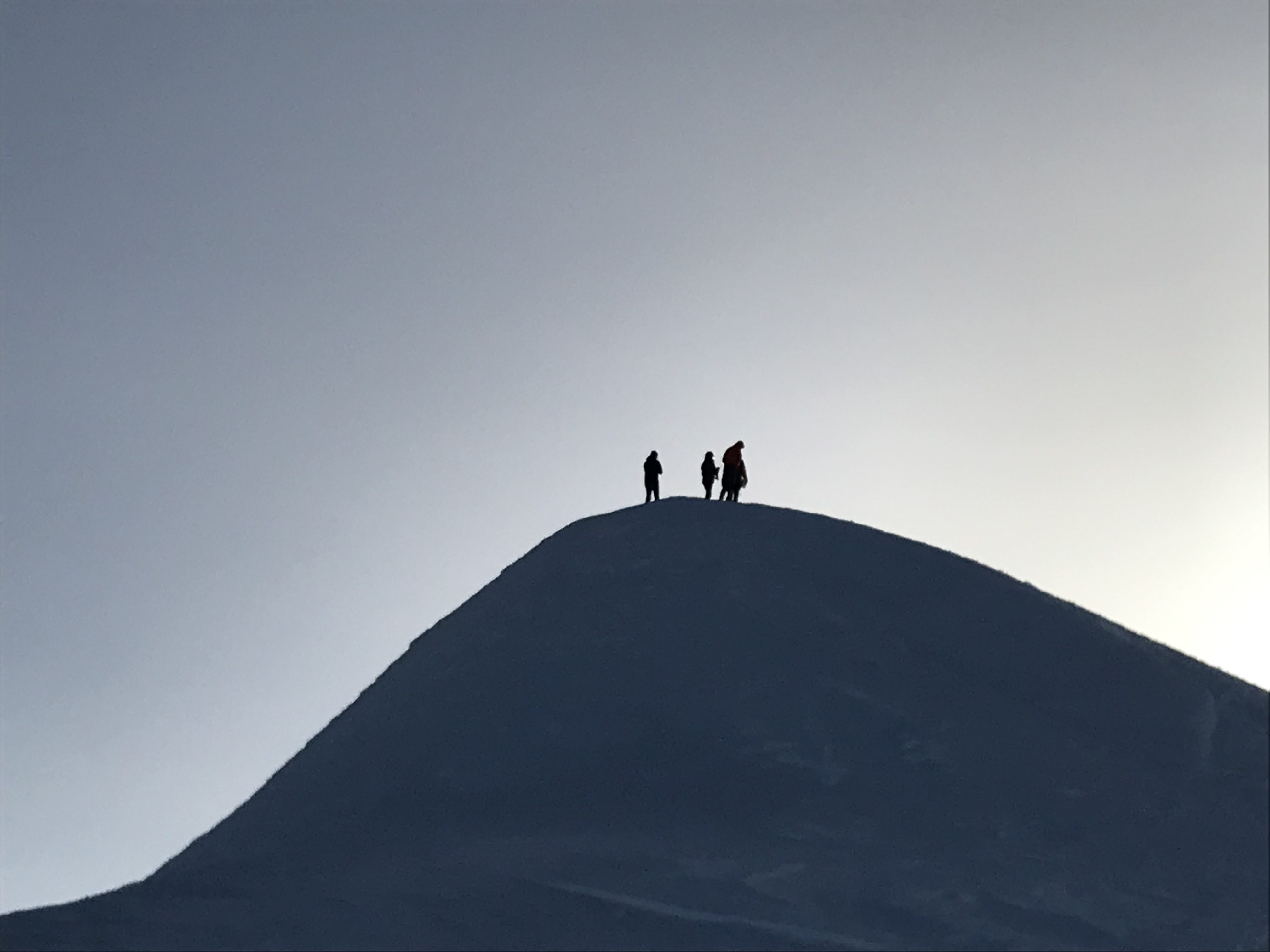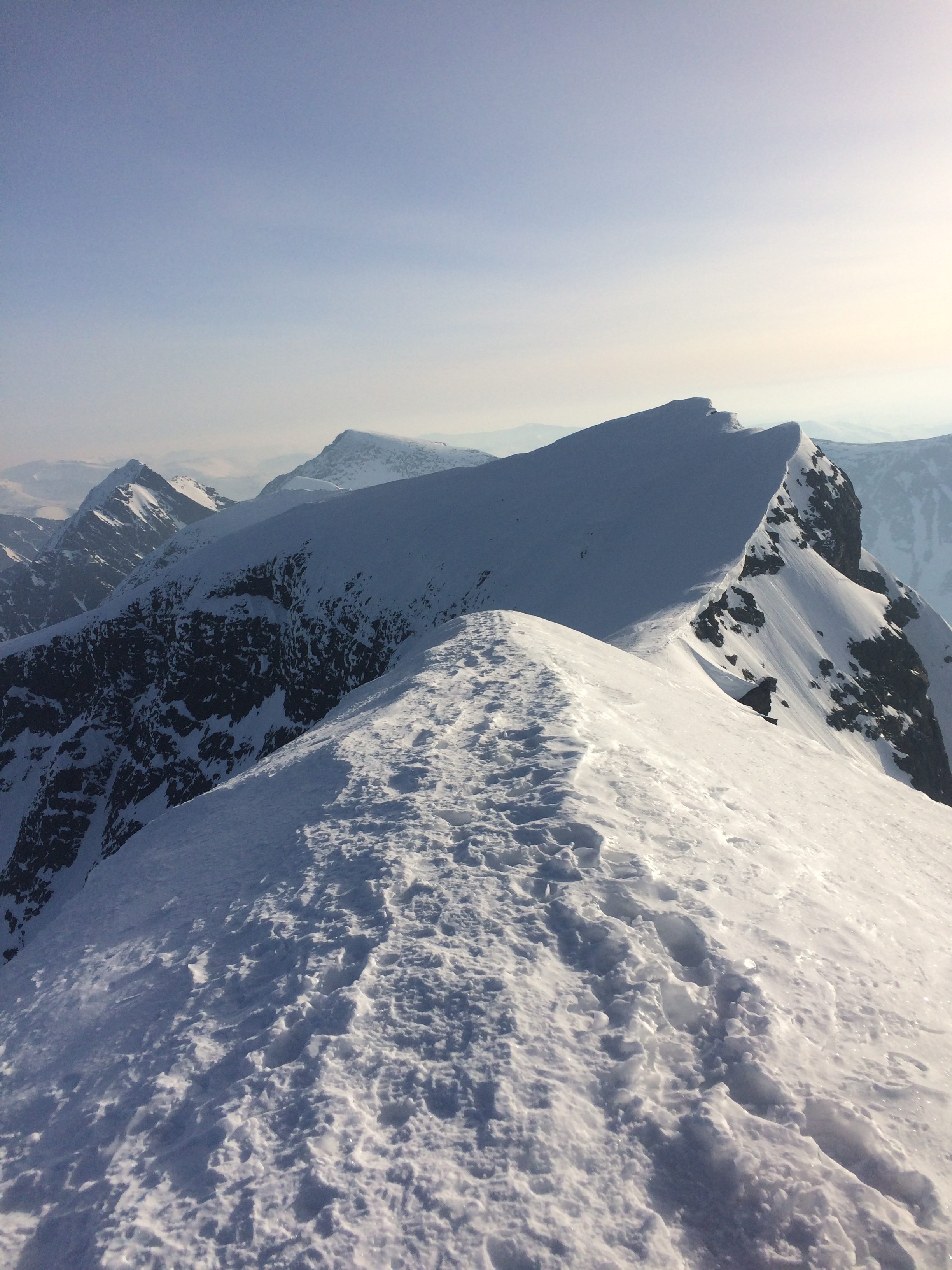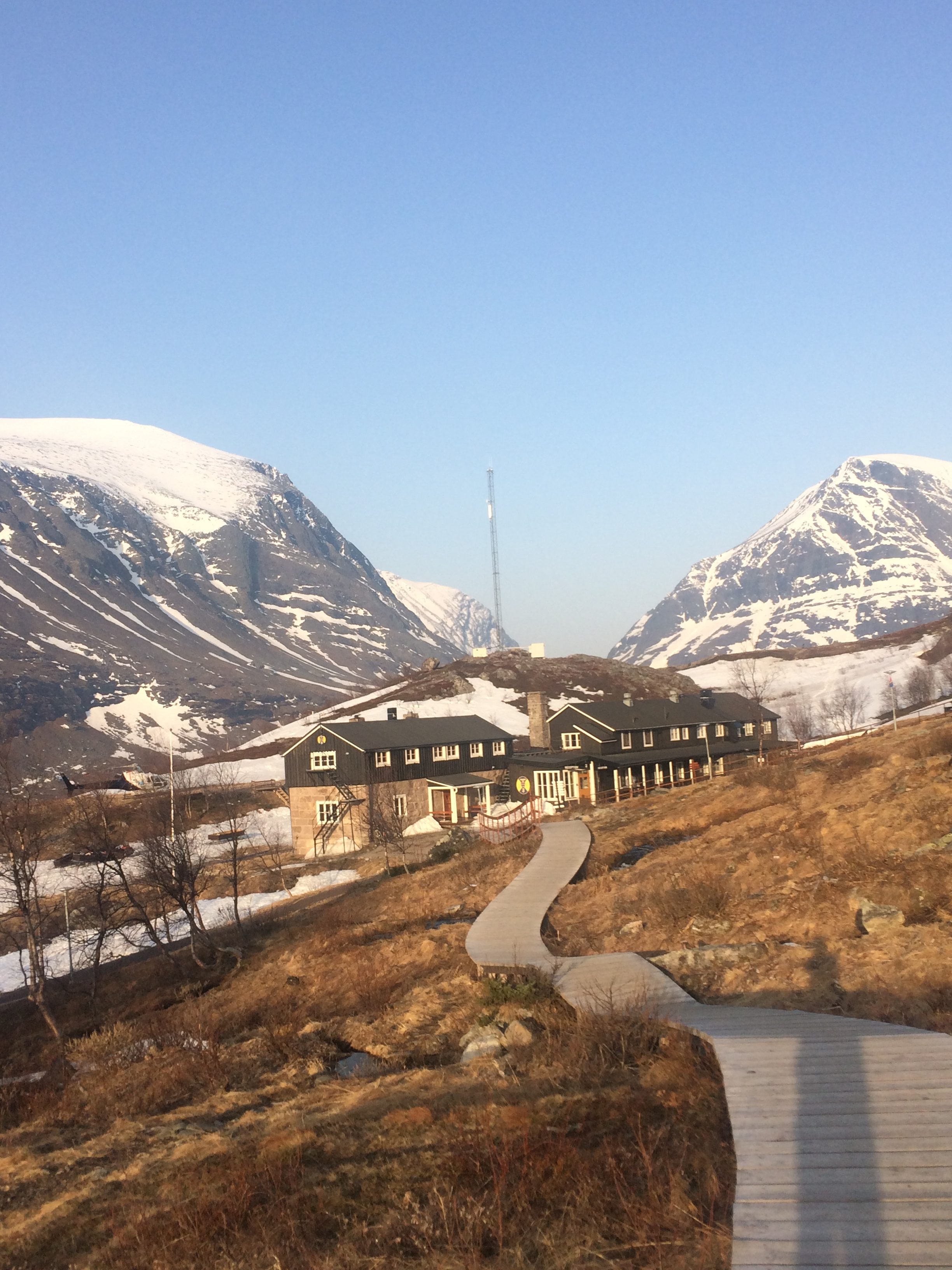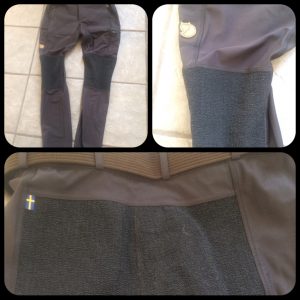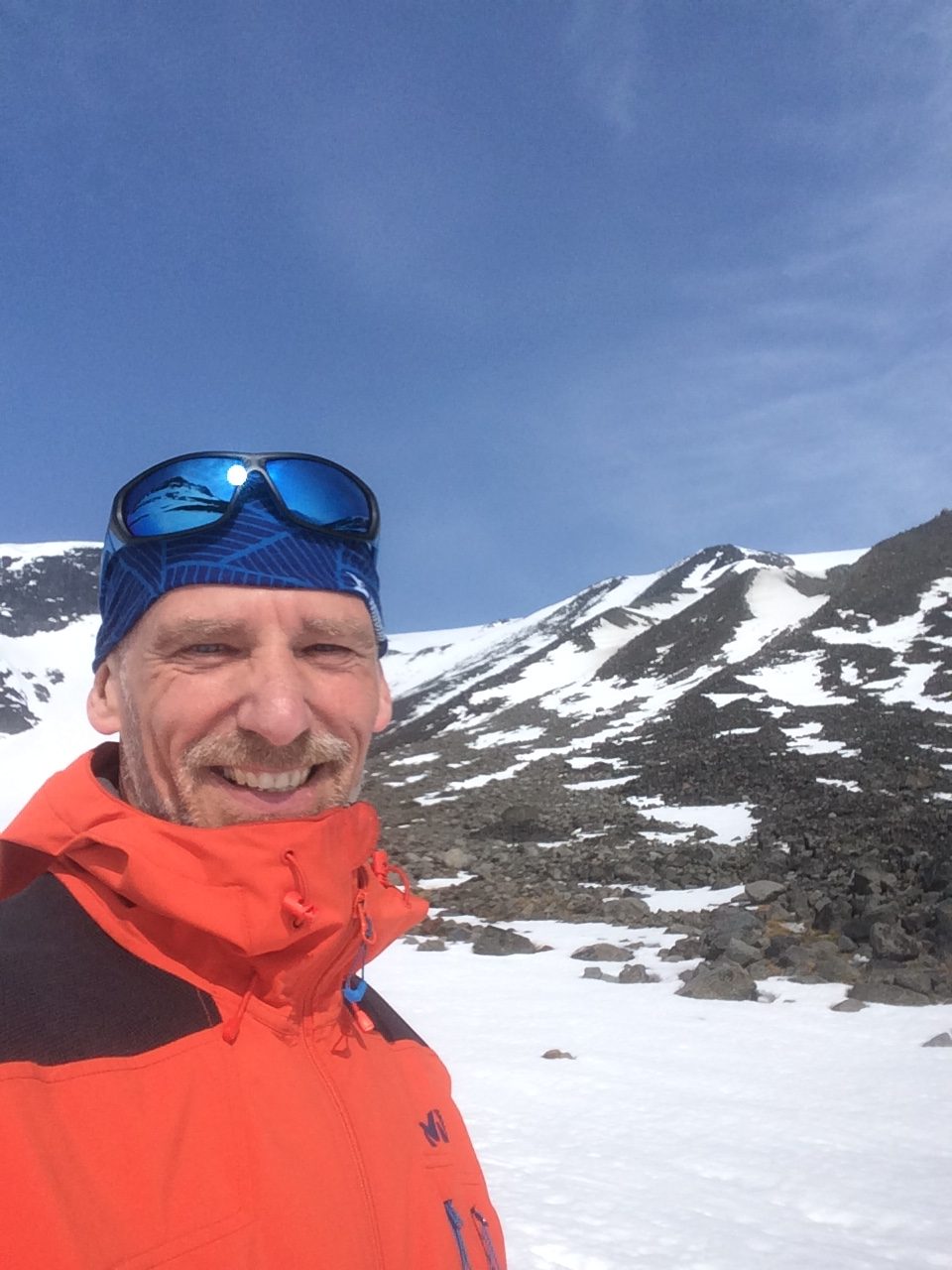Concluding , the spring has been interesting. With ice climbing at Alvdalen and Abisko, ski-tour to Salen, a guiding session at Kebnekaise and a visit at Enaforsholm makes it a to a real Active one. From a experince perspective there is a lot to think about. When it comes to safety, it is really important to consider the evironmental impact. The snow will come later on the season, and it will not be in the same structure as before. Ski-alpinism has become a real popular activity which also have its impact, for example with a lot of helicopters in the areas.
When it comes to visit of the mountain areas, it is positive. But due to the knowledge the Mountain safety concil have some interesting facts. As a Mountain Leader I can see that a guide should have a lot of assignment ahead…
It is gratifying with the positive visitor development but worrying that many first-time visitors come with expectations based on pictures of beautiful weather in social media,” says Per-Olov Wikberg, coordinator at the Fjällsäkerhetsrådet at the Swedish Environmental Protection Agency.
Fjällsäkerhetsrådets survey shows that six out of ten mountain destinations and mountain stations have experienced an increase in inexperienced visitors in the past five years. Half of the respondents agree, in whole or in part, to the claim that ”an increasing proportion of our first-time visitors are too influenced by beautiful-weather images in social media and are not sufficiently prepared for harsh wind, cold and rain”.
According to just over eight out of ten who responded to the survey, the most common mistake that visitors make is to underestimate the weather and the rapid weather changes in the mountains. Three out of ten estimate that safety consciousness has fallen among the visitors during the past five years. Slightly fewer judge that the quality of mountain visitors’ equipment has deteriorated.
To increase understanding and significance of the mountain weather, a compilation has been made based on data from SMHI’s weather stations between 2002 and 2017 at six different weather stations in the mountains. The statistics show that, on average, precipitation falls to some extent 15 to 20 days each month between May and September. The statistics also show that frost nights occur during the same period, especially in May and September, and that winds of up to 15 meters per second are not uncommon in the caldera during the summer months.
”We do not intend to discourage visitors with reference to the weather statistics, on the contrary it has been designed to help inexperienced visitors and prepare them for a successful mountain stay,” says Per-Olov Wikberg.
The Mountain Safety Council has put together five tips that specifically address first-time visitors but can also help more experienced walkers:
1. Bring clothes that can withstand fast weather changes. Always wear wind and rainproof shell garments as well as warm clotes and a dry replacement in the backpack.
2. Check and follow local weather forecasts. The weather can change quickly. Respect local weather alerts.
3. Leave the route announcement. Always inform a friend or relative of your planned itinerary.
4. Follow marked trails. Use a mountain map printed on moisture-resistant paper. Mountain maps can be purchased in well-stocked sports and outdoor shops or can be downloaded from the Lantmäteriet website.
5. Use map and compass. In the mountains, mobile coverage is often lacking, you learn to use map and compass before you leave.
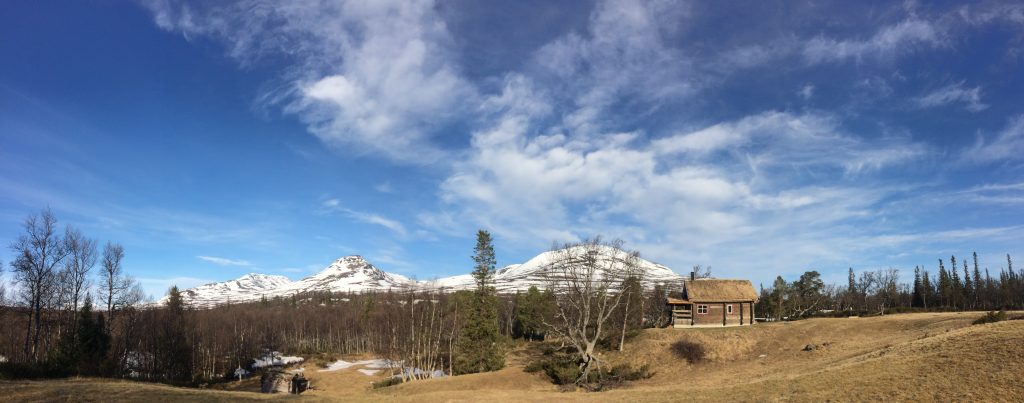 The weekend bofore this I went to Enaforsholm for meeting in the
The weekend bofore this I went to Enaforsholm for meeting in the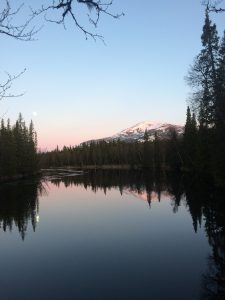 Swedish Mountain Leader Association. A good meeting at a good place. Discussion the Mountain Leader standard etc. I also got some nice tour in the neighborhood…
Swedish Mountain Leader Association. A good meeting at a good place. Discussion the Mountain Leader standard etc. I also got some nice tour in the neighborhood…
Some news in the area:
Bo Hilleberg was rewarded by the Swedish king for his work as a tent maker.
Black Diamonds trail, Distance FLZ and Distance Carbon hiking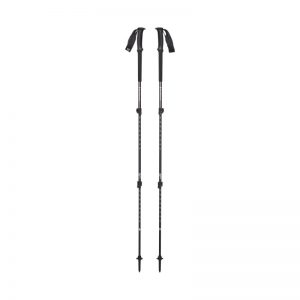 sticks was on the top when consumer Agency did a test of hiking sticks. The workout goes as planned, but this week I got a challenge…80 minutes of Fighting workout. Real tough…
sticks was on the top when consumer Agency did a test of hiking sticks. The workout goes as planned, but this week I got a challenge…80 minutes of Fighting workout. Real tough…
See ya soon…
